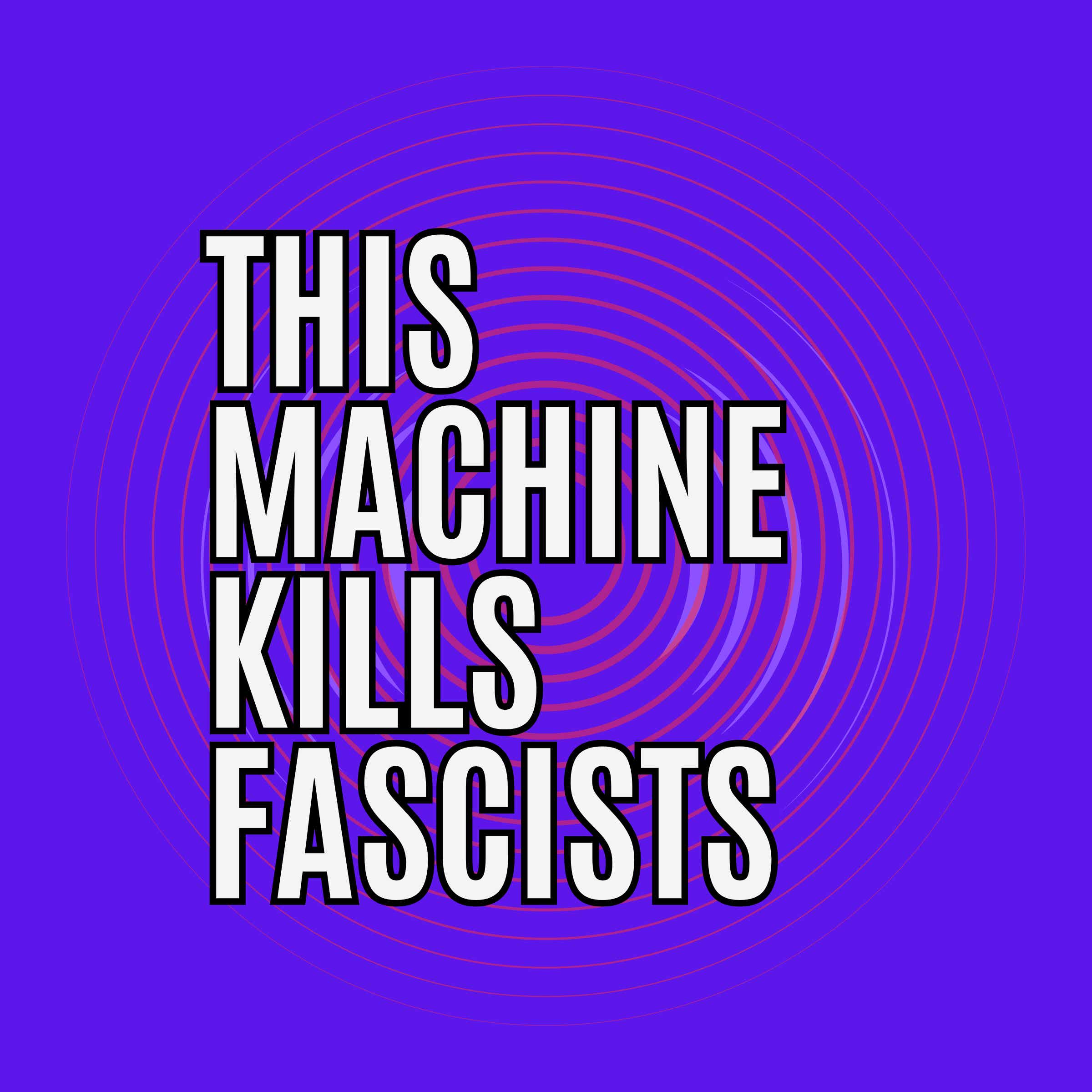This Machine Kills Fascists

This Machine Kills Fascists
Podcast Description
This Machine Kills Fascists is a podcast rooted in exploring how community, creativity, and care can challenge oppression. Through conversations with organizers, artists, and healers, we hope to uplift the lived experiences and highlight the role of music, story, and solidarity in collective healing and resistance. doriansmode.substack.com
Podcast Insights
Content Themes
The podcast delves into themes of anti-fascism, community care, and social justice, with episodes addressing high-control dynamics in various environments, the manipulation of postmodern ideas by fascism, and the radical power of Black community storytelling. Specific episodes include discussions on the stages of fascism as defined by political theorists and the role of music therapy in social movements, all emphasizing the significance of lived experiences and collective healing in activism.

This Machine Kills Fascists is a podcast rooted in exploring how community, creativity, and care can challenge oppression. Through conversations with organizers, artists, and healers, we hope to uplift the lived experiences and highlight the role of music, story, and solidarity in collective healing and resistance.
In this episode, we examine the foundational concepts of Liberation Psychology and the Praxis Wheel, an activist framework central to this workshop. Today’s session examines strategies for navigating diverse cultures, identities, abilities, and neurotypes. This session is designed for mental health professionals, creative arts therapists, and activists engaged in caring and healing work.
This is a public episode. If you’d like to discuss this with other subscribers or get access to bonus episodes, visit doriansmode.substack.com/subscribe

Disclaimer
This podcast’s information is provided for general reference and was obtained from publicly accessible sources. The Podcast Collaborative neither produces nor verifies the content, accuracy, or suitability of this podcast. Views and opinions belong solely to the podcast creators and guests.
For a complete disclaimer, please see our Full Disclaimer on the archive page. The Podcast Collaborative bears no responsibility for the podcast’s themes, language, or overall content. Listener discretion is advised. Read our Terms of Use and Privacy Policy for more details.